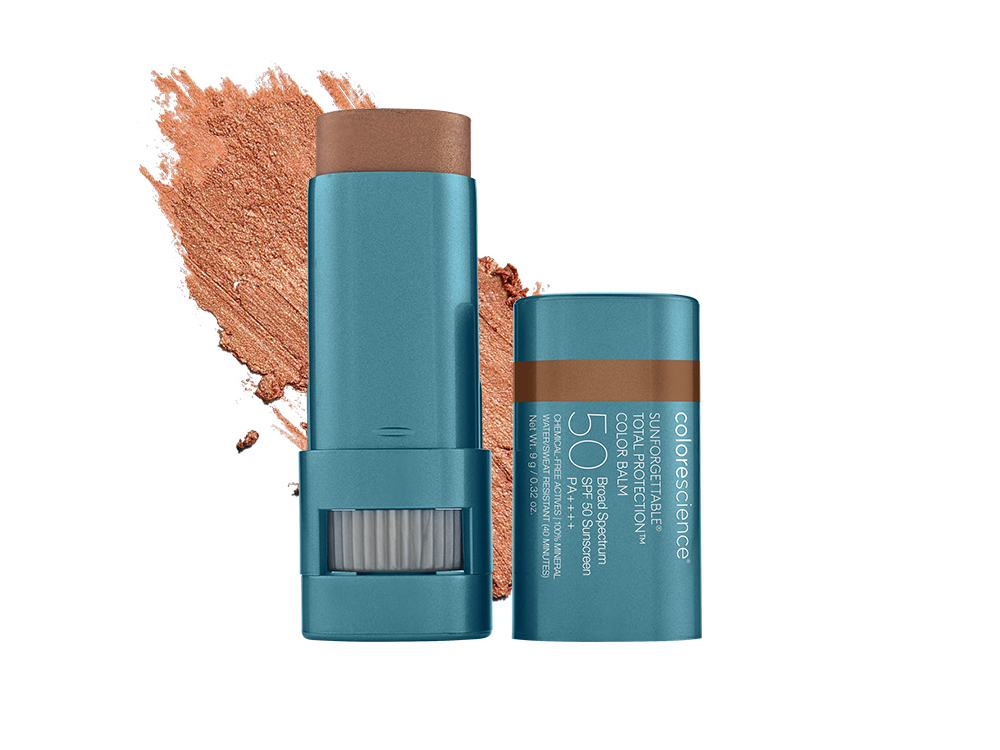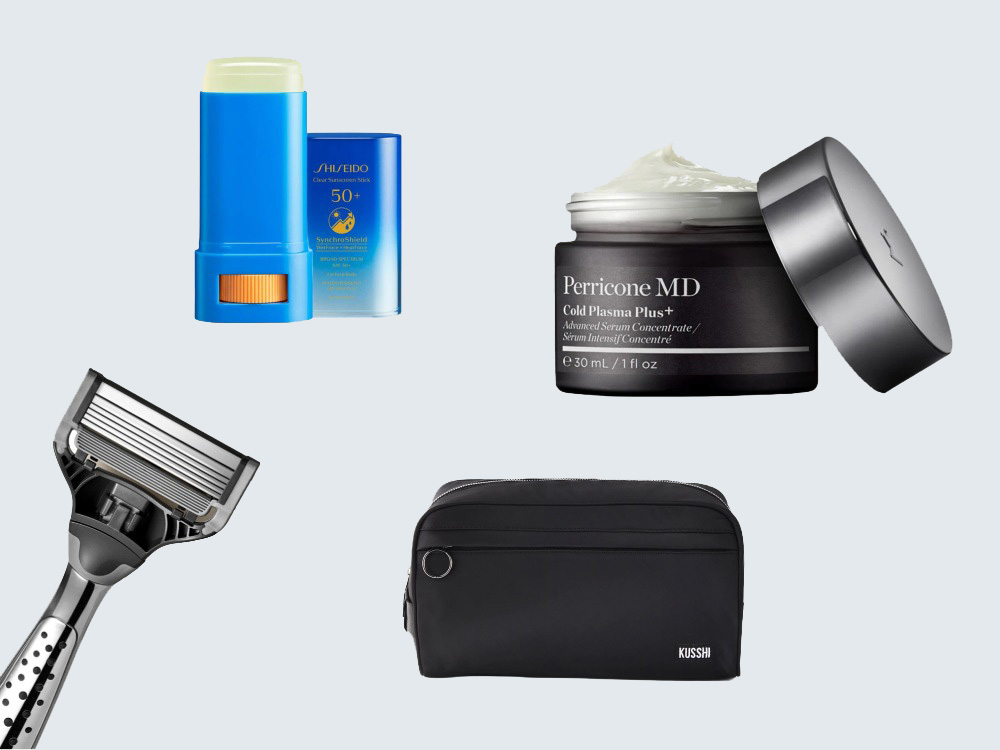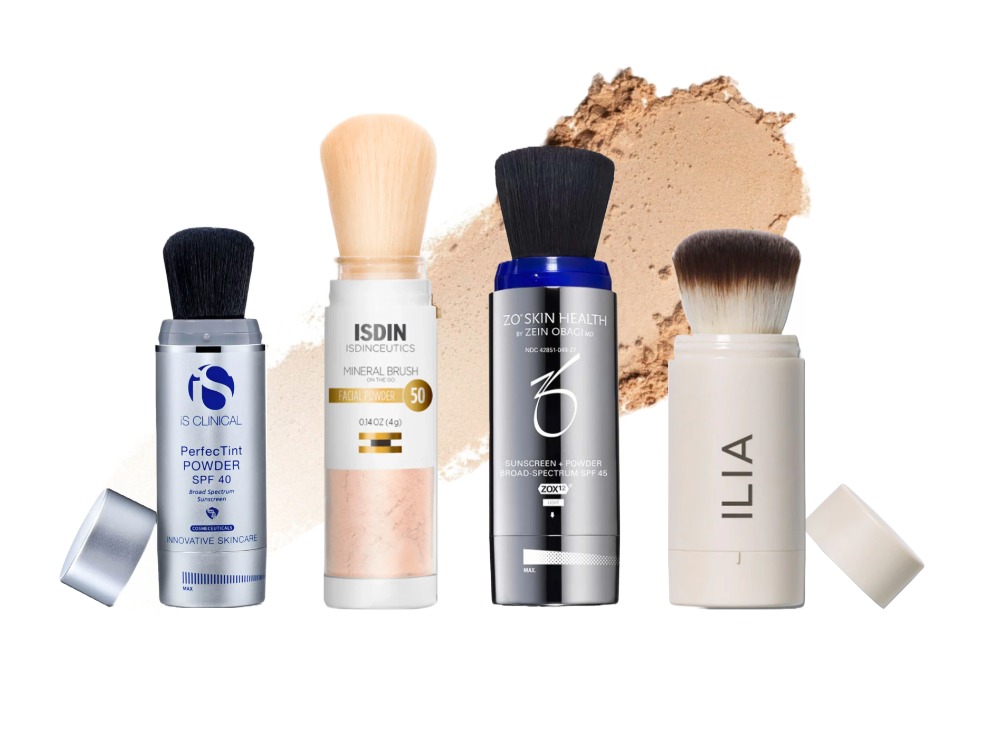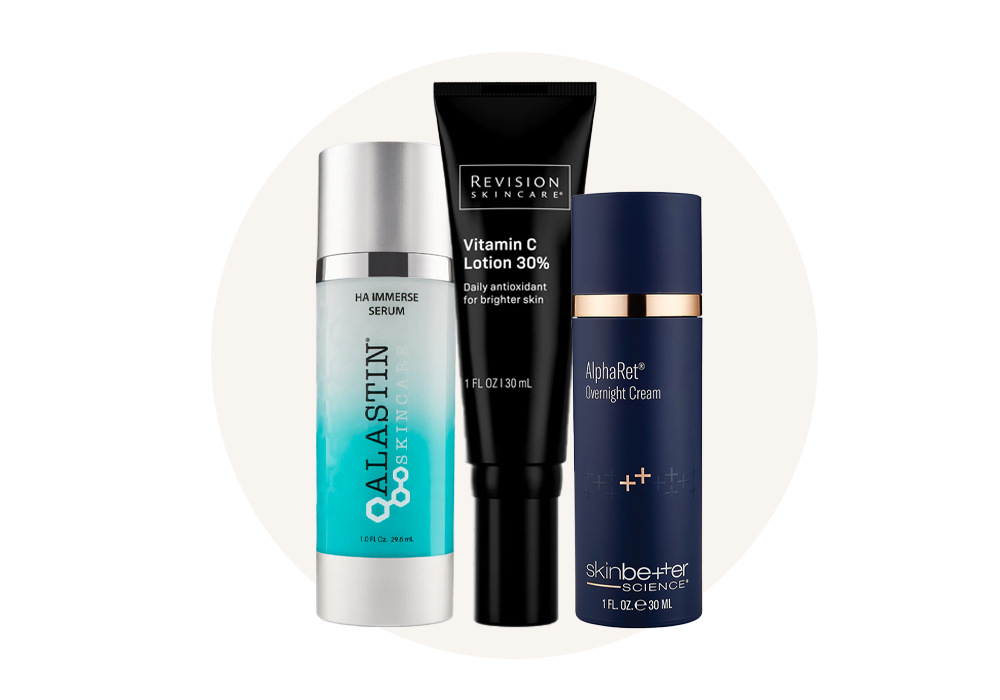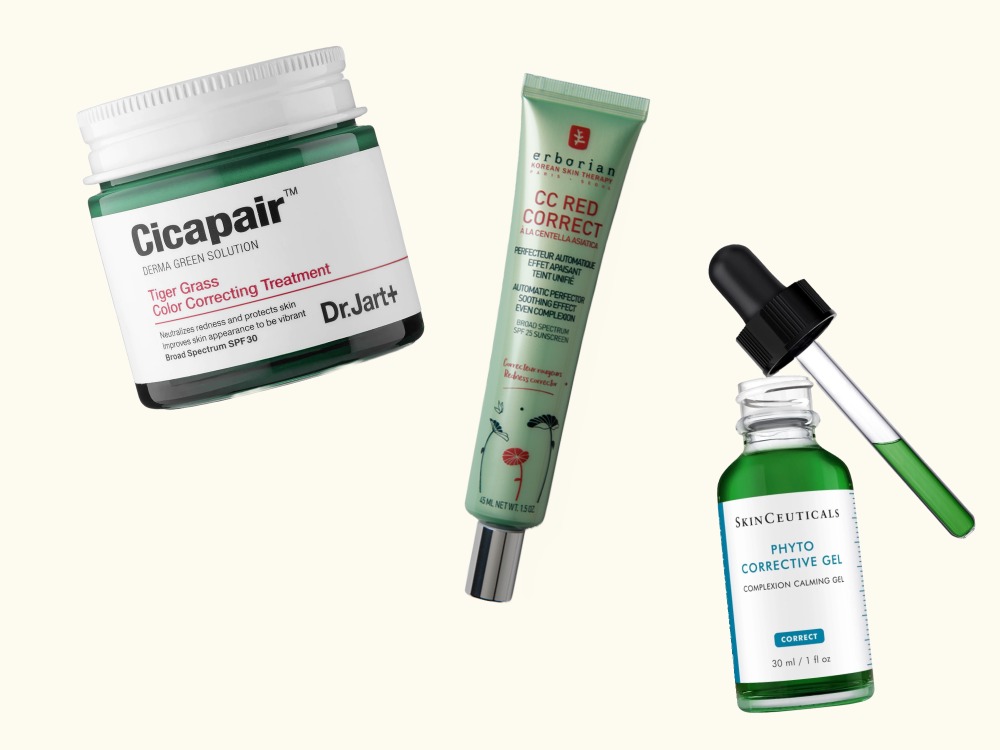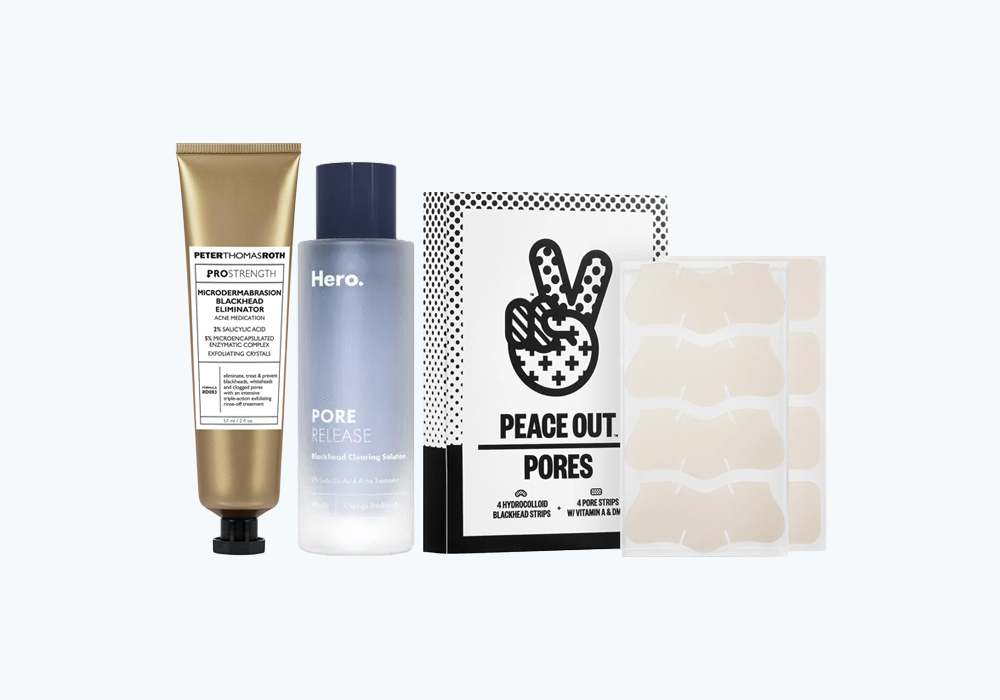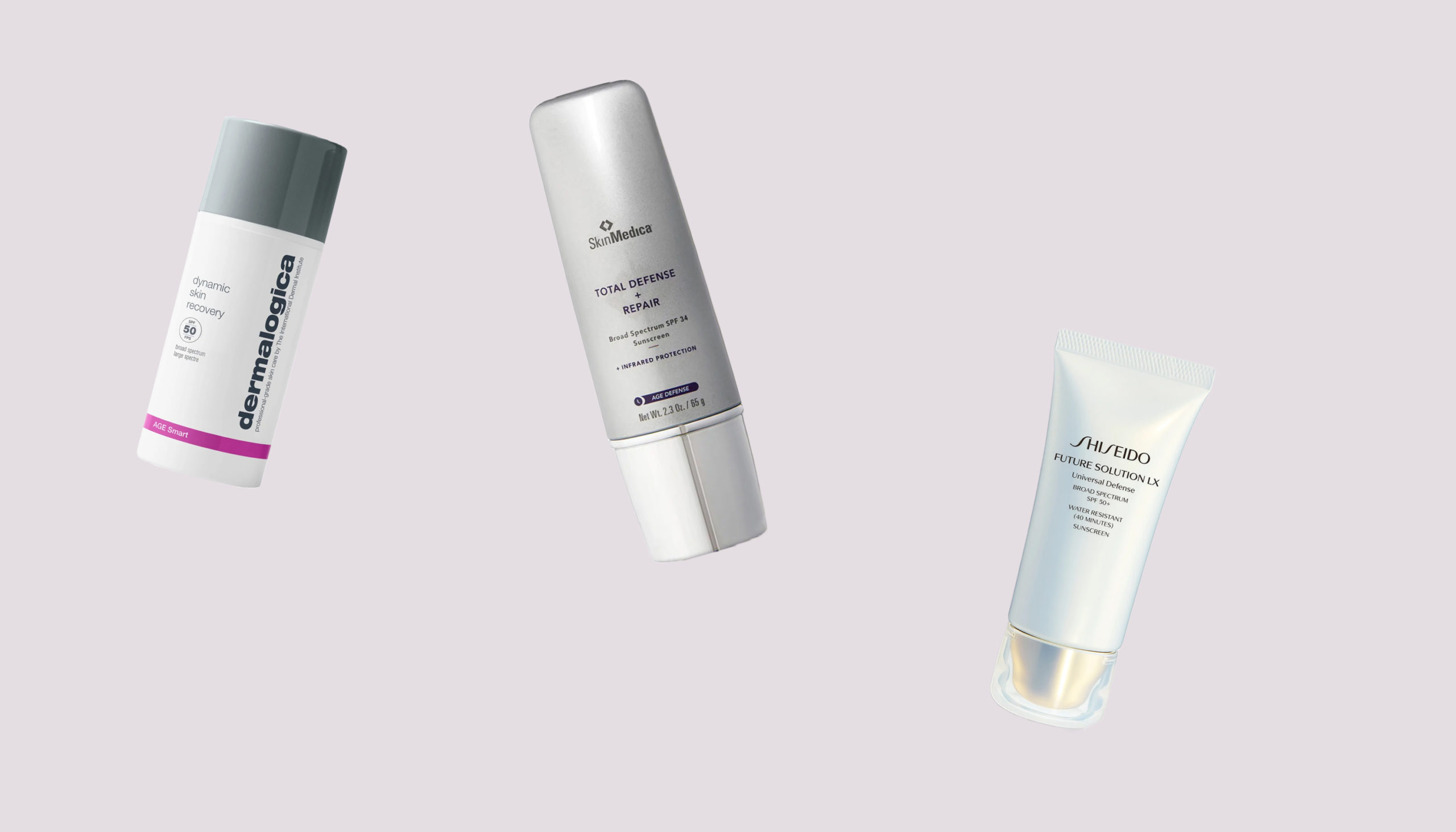In between summer getting away from us at an accelerated pace (if you figured out a way to slow it down, please send any recommendations ASAP), the ever-busy FDA snuck in a very serious sunscreen-regulation development that, from a skin-health perspective, the general consumer might want to take a closer look at.
“Before the March 2020 CARES [the 2020 Coronavirus Aid, Relief, and Economic Security] Act, the FDA’s ability to update and finalize sunscreen regulations, as well as other OTC drugs, in response to new scientific information or safety issues was limited by outdated processes and insufficient resources,” cosmetic chemist Kelly Dobos shares, adding that the late-September announcement by the FDA was significant.
As Dobos explains, previously, the FDA proposed changes to sunscreen regulations that “would have severely restricted the options for sunscreen actives,” by removing all of the organic—often referred to as chemical filters, but all sunscreen filters are chemicals so she “doesn’t like to use use that term”—actives, making zinc oxide and titanium dioxide the only options left.
“Both of these are effective UVB protectants, but they are bright white pigments, which present a challenge in delivering high SPF that is suitable for all skin tones and only ZnO provides adequate protection into the UVA range,” she says.
The FDA doesn’t disagree: “Sun safety is important for everyone, regardless of your skin tone. Americans can reduce risks from sun exposure with continued use of sun protection measures including broad spectrum sunscreen with SPF values of at least 15,” shared acting FDA Commissioner Janet Woodcock, MD, in a release.
“Today’s activities represent a key milestone in our implementation of transformative new authorities related to OTC drugs that will allow us to continue ensuring that sunscreens are safe and effective for frequent, life-long use and provide consumers with the protection they expect from these products. We are committed to using our new authorities to help meaningfully advance innovative, safe and effective options for consumers and secure a robust OTC marketplace.”
“This new activity permits sunscreens currently on the market to continue to be marketed as is, as long as they meet all the other scientific requirements of the law ensuring that consumers have access to safe and effective sunscreens,” Dobos says. “The FDA is still requiring additional substantiation for the effectiveness of sprays, wipes and powders are still not approved forms.”
So, what does that mean for the fate of proposed sunscreens actives used in the EU and other countries?
“That still hangs in the balance,” Dobos says. “But this news gives me some hope that we’ll get a decision soon.”
New York dermatologist Jody A. Levine, MD also has only positive things to say about the plan: “SPF remains an essential tool in our protection from the sun’s dangerous UV rays and our attempt to decrease the risk of skin cancer. It is great that the FDA wishes to prioritize patient health and their efforts will help to eliminate confusion about sunscreen ingredients. Current scientific evidence continues to support the importance of sunscreen use to minimize short-term and long-term sun damage.”

